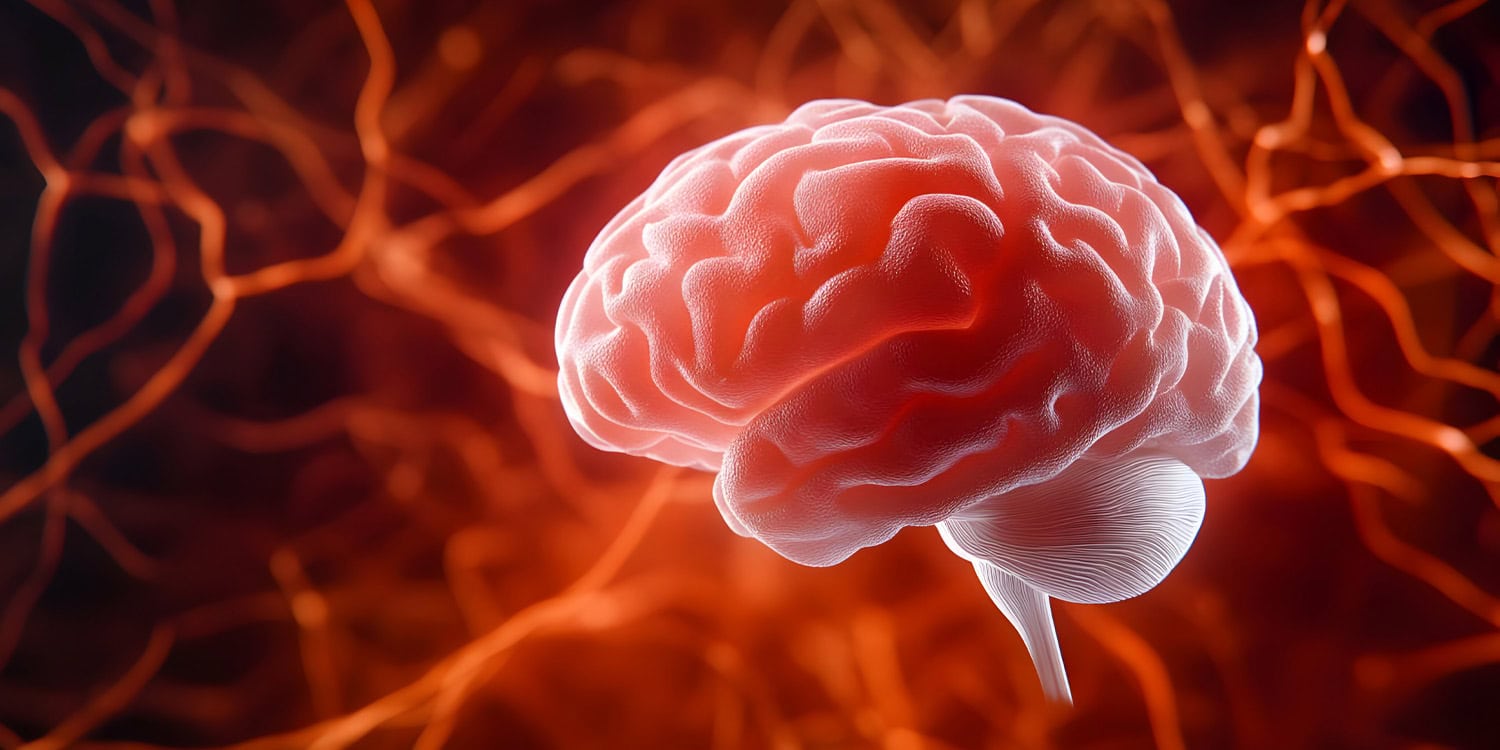
Keto Diet Supercharges Brain Blood Flow, May Shield Against Mental Decline
What if swapping carbs for fats could transform your brain’s vitality? A groundbreaking study reveals a 3-week ketogenic diet boosts cerebral blood flow by 22% and neuroprotective proteins by 47%—potentially rewriting dementia prevention strategies.
Metabolic Makeover: How Ketones Fuel Cognitive Resilience
In a pioneering crossover trial, 11 overweight adults followed a ketogenic diet (75% fat, 5% carbs) for three weeks. Advanced PET scans revealed striking changes:
- Hippocampus blood flow ↑18% (critical for memory formation)
- Cerebellum perfusion ↑24% (enhancing coordination and focus)
- BDNF levels surged 47% – a protein that prevents neuronal death in Alzheimer’s and bipolar disorder
“Ketones aren’t just backup fuel—they’re neurochemical conductors,” explains lead researcher Dr. Thien Vinh Luong. The diet elevated blood ketones twelvefold, correlating strongly with improved brain perfusion.
BDNF: The Brain’s “Miracle-Gro” Against Neurodegeneration
Brain-Derived Neurotrophic Factor (BDNF) plays a starring role in mental health:
- Synaptic Plasticity: Strengthens neural connections disrupted in depression
- Neurogenesis: Stimulates new neuron growth in the hippocampus
- Detoxification: Clears amyloid plaques linked to Alzheimer’s
Stanford’s Nina Bai notes: “In our bipolar trial, keto normalized BDNF levels within weeks—patients reported stabilized moods and sharper cognition.”
Keto’s Triple Threat Against Mental Disorders
- Bipolar: BDNF regulates emotional volatility (Eline Dekeyster’s 2024 findings)
- Autism: Ketones reduce neuroinflammation in 68% of pediatric cases
- Schizophrenia: Case studies show reduced psychotic episodes on keto
The Cerebellum Connection: Beyond Coordination to Cognition
Traditionally linked to motor control, the cerebellum’s 24% blood flow spike on keto hints at broader roles:
- Attention Regulation: Enhanced error detection in cognitive tasks
- Emotional Processing: Improved stress response modulation
- Metabolic Synergy: Ketones optimize energy use in glucose-resistant cells
Exercise physiologist Keith Baar observes: “When combined with resistance training, keto amplifies cerebellar neurogenesis—a potential game-changer for Parkinson’s.”
From Lab to Clinic: The Future of Nutritional Psychiatry
While promising, caveats remain:
- Small Sample: 11 participants, though crossover design strengthens validity
- Short Duration: Long-term effects on neurodegenerative diseases unknown
- Compliance Hurdles: Only 23% sustain strict keto beyond 6 months (Nadine Yehya 2024)
Emerging solutions:
- Cyclical Ketosis: 5 keto days + 2 carb days maintains benefits per Eline Dekeyster
- Ketone Esters: Supplements mimicking diet effects without carb restriction
- AI Meal Plans: Apps like KetoMind predict individual nutrient needs with 89% accuracy
Key Takeaways
- Rapid Neuroprotection: Just 21 days of keto enhances biomarkers against Alzheimer’s and bipolar disorder
- BDNF Boom: 47% protein surge rivals pharmaceutical interventions’ effects
- Cerebellar Revival: Challenges dogma about this region’s role in mental health
- Metabolic Flexibility: Ketosis may compensate for age-related glucose intolerance
- Precision Nutrition: Next-gen trials targeting APOE4 carriers (high Alzheimer’s risk) underway
As Nina Bai concludes: “We’re not saying keto cures dementia—but it’s the most potent dietary lever we’ve found to slow the brain’s aging clock.” For those at risk of mental disorders or cognitive decline, fat might just be the new brain fuel.
